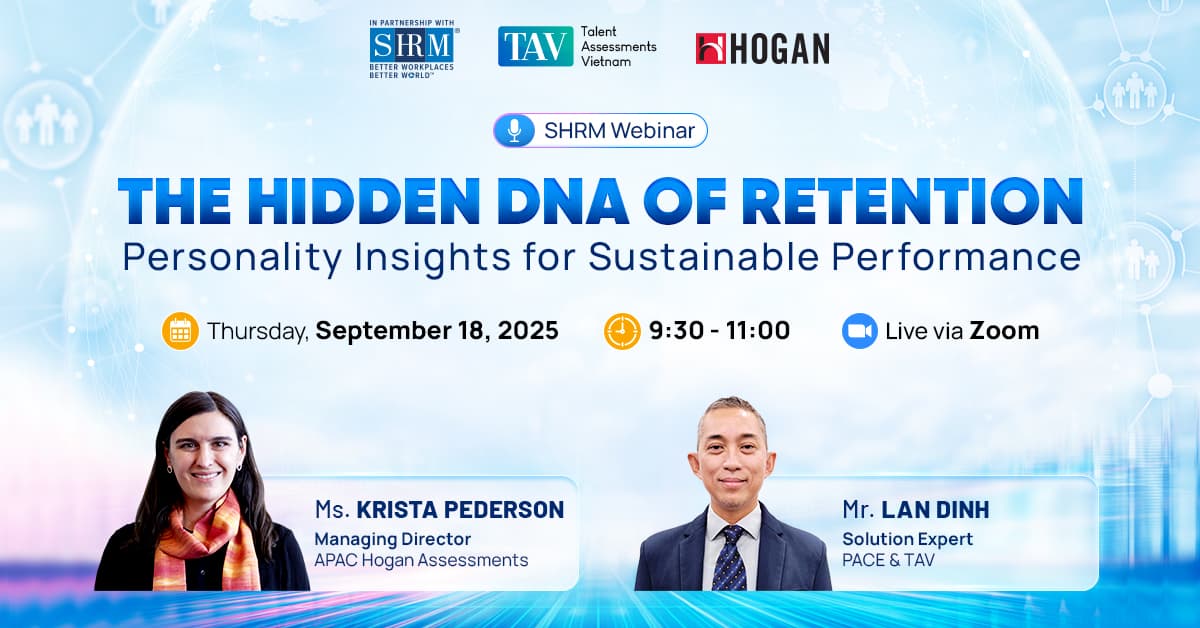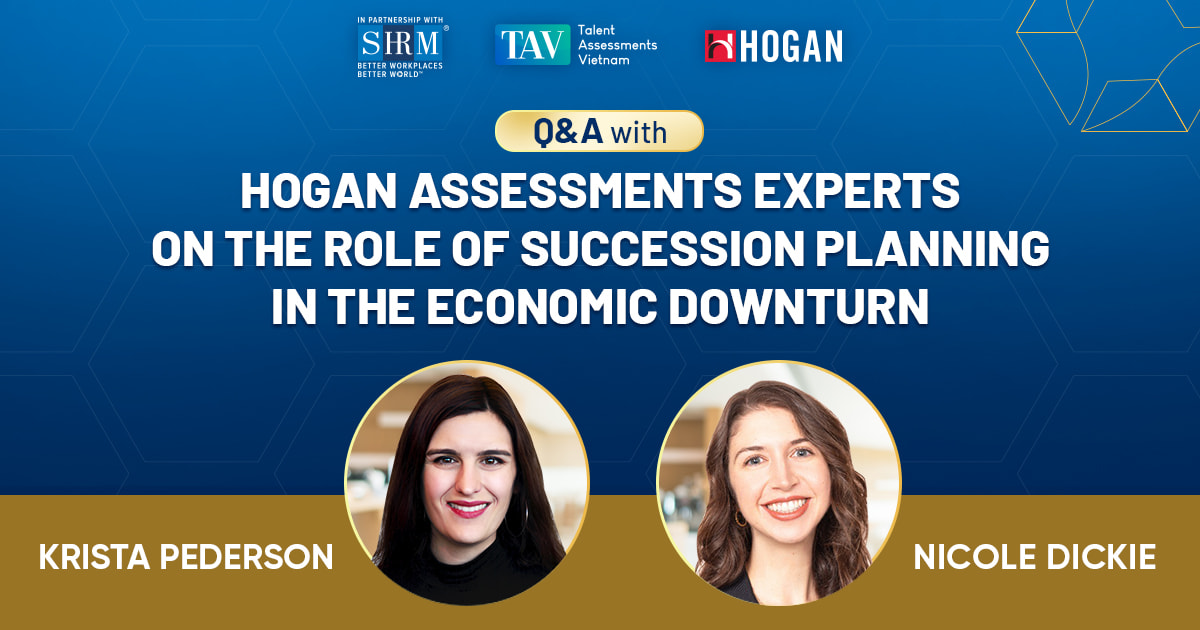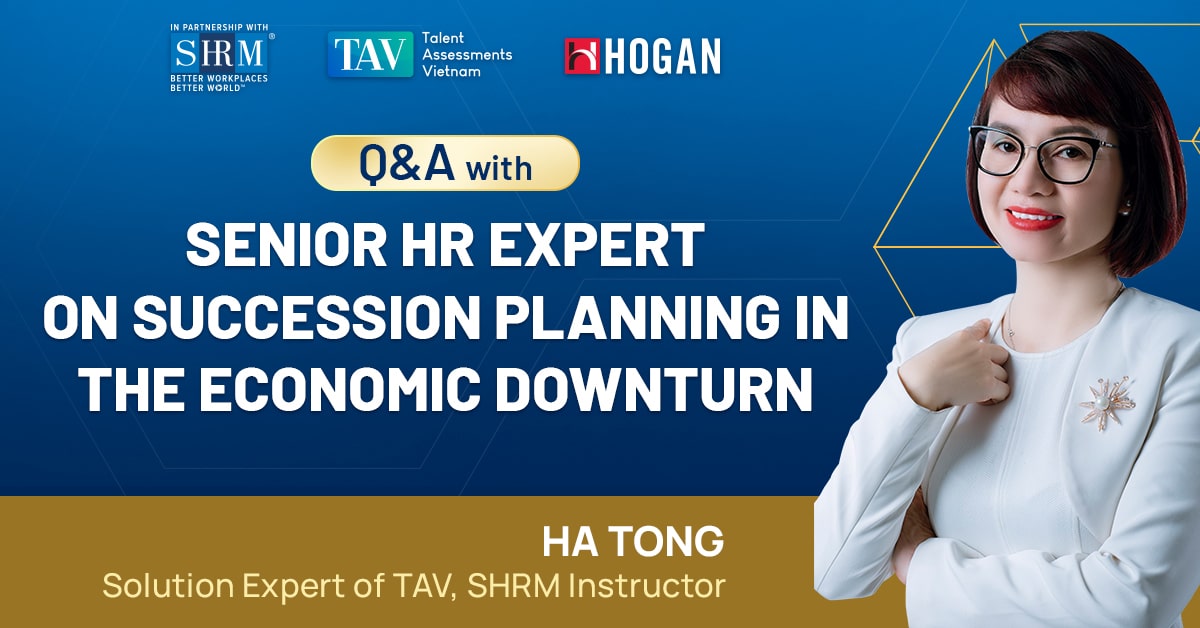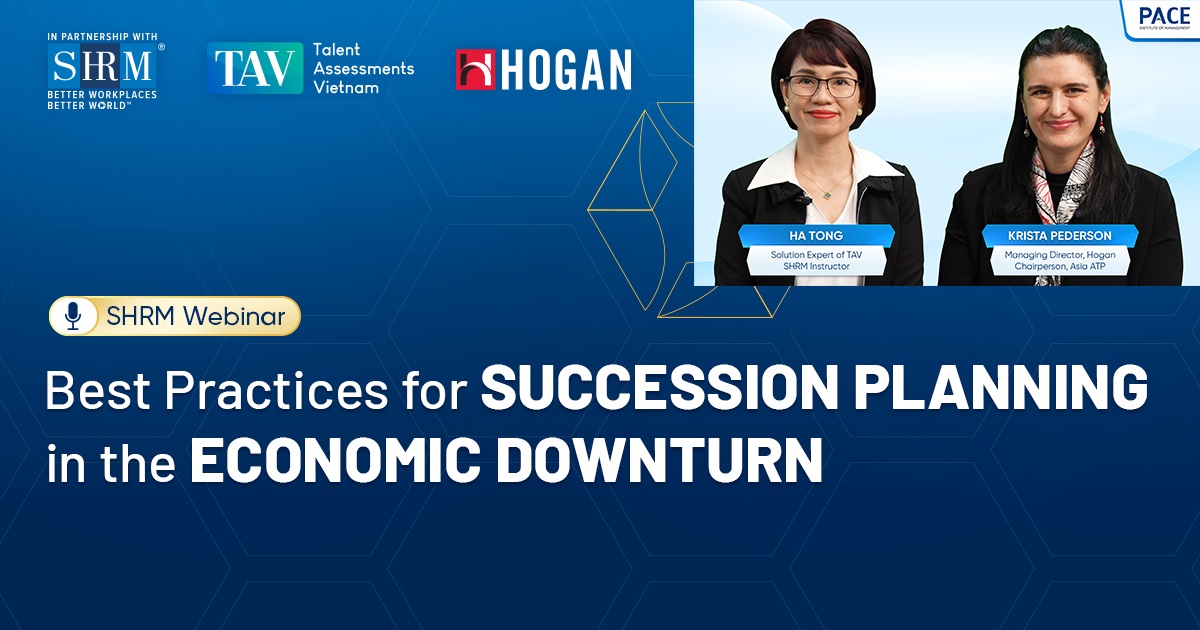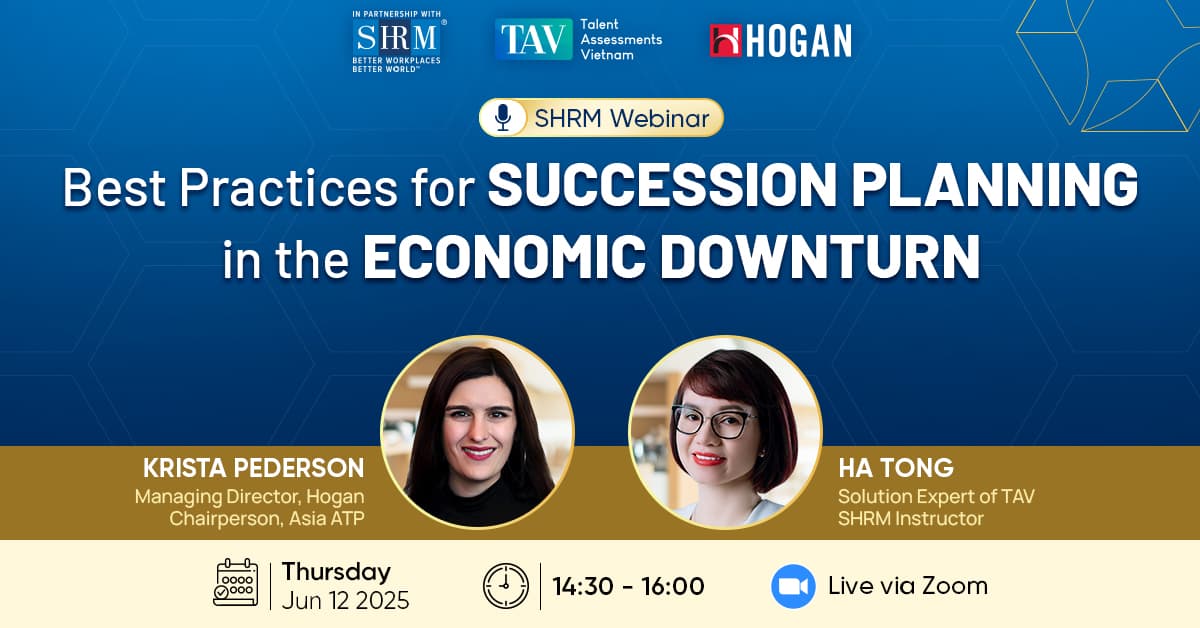HOW TO EARN THE TRUST OF YOUR CEO
HR has heard it all before: The nation's CEOs don't think HR leaders are strategic thinkers, and that's why they don't deserve a seat at the table with other top company executives. What's new is that HR's ability to anticipate business needs is getting worse, they say, not better.
CEOs report that their top HR professionals aren't able to use analytics to forecast the company's employment needs, they can't effectively identify new talent pipelines and sources of talent, and they don't link employee planning to business planning. In fact, only 11 percent say their HR team is good at these skills, down from 20 percent three years ago, according to an extensive collaborative research project from Development Dimensions International (DDI), The Conference Board and EY.
CEOs report that their top HR professionals aren't able to use analytics to forecast the company's employment needs, they can't effectively identify new talent pipelines and sources of talent, and they don't link employee planning to business planning. In fact, only 11 percent say their HR team is good at these skills, down from 20 percent three years ago, according to an extensive collaborative research project from Development Dimensions International (DDI), The Conference Board and EY.

"While HR leadership should be in an enviable position, in reality it's losing the race," the study's authors wrote. "Their organizations are changing faster than they are, putting them even farther behind."
The Global Leadership Forecast 2018 is DDI's eighth such report since 1999, and it found that HR professionals who are succeeding with analytics are 6.3 times more likely to have new advancement opportunities than those who aren't, and 3.6 times more likely to have a strong reputation with senior business leaders. (See Tips for Using Analytics)
"Executives in the C-suite are highly aware of the broad business advantages of making data-driven decisions, and they expect HR to apply the same digital advantage to their talent decisions," said Evan Sinar, chief scientist at DDI, which surveyed more than 25,000 business leaders and 2,500 HR professionals.
"If HR wants to be seen as a strategic business partner in the C-suite, they need to go beyond just carrying out the business needs of today. They need to prove that they are basing their strategy and decisions on solid data, and they need to demonstrate—often using visualization and storytelling techniques—how those decisions are linked to better business results and financial performance," Sinar said.
To be sure, not all HR professionals buy these results.
"It can be very frustrating for HR when their company's top executives don't listen to their concerns, which I know from firsthand experience," said an Atlanta HR director who requested anonymity. "The executives assume our concerns are related to administrative tasks, when in reality they go directly to company strategy on long-term issues like creating talent pipelines, immigration, employee drug use and payroll practices."
Other HR pros cite a vicious circle. Because they're perceived as reactive and not strategic, they say they aren't given the resources they need to change that perception. And with smaller staffs, they have no choice but to focus on compliance, compensation, recruiting and other pressing daily concerns.
"If your company's HR managers are working in the trenches and dealing only with day-to-day employment issues, you're probably understaffed," said Cristin Heyns-Bousliman, vice president of HR and general counsel at Blake's Lotaburger, a regional restaurant chain based in Albuquerque, N.M. "We have 1,700 employees across 75 locations, and I have a team working on the daily issues, which allows me to participate strategically with senior leaders. But many HR departments aren't resourced that effectively, especially at smaller companies, and those CEOs often leave HR out of strategic planning conversations."
Anticipators Are Critical
The research divided HR professionals into three categories:
- Partners work toward mutual goals with line managers, share information with the business about talent-issue gaps, and provide HR solutions.
- Reactors set and ensure compliance with policies, respond to business needs, and install basic initiatives to manage talent.
- Anticipators use analytics to forecast talent needs, provide insights and solutions to ensure a high-quality supply of talent, and link talent-planning to business-planning.
Top executives say that 48 percent of their HR leaders act as business partners, 41 percent are reactors, and only 11 percent are anticipators, which they say is the role they need HR to own within their organizations. Conversely, among HR professionals asked the same question in the study, 62 percent say they are partners, 21 percent are reactors, and 17 percent are anticipators.
"It's interesting that the anticipator role was rated low by both leaders and HR," said Richard Wellins, Ph.D., a senior associate at DDI and the study's author. He says that HR's self-perception tends to be low historically, but that it has improved in recent years more than it has among top company leaders. His question is whether that improved self-perception is warranted.
"HR can get defensive and say they don't get a seat at the table, but I would ask them two things: When and how do you get involved in the strategic planning process, and how do you compare to other functional areas in regards to leading digitally and leveraging predictive analytics, which are both critical and future-focused?"
Wellins said that if HR isn't included in strategic planning until after the business planning is complete, then top management is saying they don't think HR has that capability.
"While I think some senior HR executives are creating real insights around talent requirements versus future business strategies, many do not," he said. "There's a difference between being an HR partner and [being] an anticipator, which has much greater value to the CEO. As an anticipator, HR goes to the C-suite and explains the strategic benefits behind their decisions."
On the other hand, Wellins said that if you are embracing data analytics, hiring data scientists and otherwise taking a lead in anticipating the company's future needs, yet still aren't getting recognition from the top, then you need to do a better job of tooting HR's horn.
"Tell stories to the C-suite about how those higher-level analytics your department has embraced have changed your business planning," he suggested.
"It's interesting that the anticipator role was rated low by both leaders and HR," said Richard Wellins, Ph.D., a senior associate at DDI and the study's author. He says that HR's self-perception tends to be low historically, but that it has improved in recent years more than it has among top company leaders. His question is whether that improved self-perception is warranted.
"HR can get defensive and say they don't get a seat at the table, but I would ask them two things: When and how do you get involved in the strategic planning process, and how do you compare to other functional areas in regards to leading digitally and leveraging predictive analytics, which are both critical and future-focused?"
Wellins said that if HR isn't included in strategic planning until after the business planning is complete, then top management is saying they don't think HR has that capability.
"While I think some senior HR executives are creating real insights around talent requirements versus future business strategies, many do not," he said. "There's a difference between being an HR partner and [being] an anticipator, which has much greater value to the CEO. As an anticipator, HR goes to the C-suite and explains the strategic benefits behind their decisions."
On the other hand, Wellins said that if you are embracing data analytics, hiring data scientists and otherwise taking a lead in anticipating the company's future needs, yet still aren't getting recognition from the top, then you need to do a better job of tooting HR's horn.
"Tell stories to the C-suite about how those higher-level analytics your department has embraced have changed your business planning," he suggested.

Becoming More Strategic
So what does it mean to manage employees strategically using data, digitalization or analytics?
Imagine Alexa–style digital assistants serving as virtual coaches to answer benefits, retirement and paid-time-off queries. Or chatbot-enabled resolution for common employee questions. Perhaps cloud-based services for employees and managers that HR once delivered in person. And leveraging data analytics to project future talent needs.
Executives, Sinar said, don't want to risk putting the wrong person in a position simply because they seem right for the position. Instead, executives are looking to HR to provide data that will help them predict a person's likelihood of succeeding in a position.
Another approach is to start testing new technologies and ideas within HR, and then share those results to demonstrate you're willing to take business risks.
"Become an effective adopter by watching the trends and being open to test-drive new technologies, including AI and machine learning, which show some real promise for HR data processing and analysis," said Sharlyn Lauby, SHRM-SCP, president of the ITM Group Inc. in Fort Lauderdale, Fla., and author of The Recruiter's Handbook (SHRM, 2018). "I don't think it's about trying to convince the CEO to view HR differently. In my experience, HR needs to deliver, and when they do, then the C-suite will view them differently."
Of course, not all CEOs are as flexible and enlightened as HR might like them to be.
"CEOs need to ask themselves, 'Am I being transparent with HR?' If a CEO doesn't believe that HR is thinking strategically but doesn't provide an opportunity for that within the company, then HR can't change the perception," said Heyns-Bousliman, adding that HR is a direct link to the company's most valuable assets—its employees.
"CEOs who pay attention to that give HR at seat at their table," she said. "If they don't, the financial side of the company likely will dominate the discussion and planning, and the company can end up harming its people. However, top executives often leave HR out of these conversations, and their perception becomes reality and a self-fulfilling prophecy."
So what does it mean to manage employees strategically using data, digitalization or analytics?
Imagine Alexa–style digital assistants serving as virtual coaches to answer benefits, retirement and paid-time-off queries. Or chatbot-enabled resolution for common employee questions. Perhaps cloud-based services for employees and managers that HR once delivered in person. And leveraging data analytics to project future talent needs.
Executives, Sinar said, don't want to risk putting the wrong person in a position simply because they seem right for the position. Instead, executives are looking to HR to provide data that will help them predict a person's likelihood of succeeding in a position.
Another approach is to start testing new technologies and ideas within HR, and then share those results to demonstrate you're willing to take business risks.
"Become an effective adopter by watching the trends and being open to test-drive new technologies, including AI and machine learning, which show some real promise for HR data processing and analysis," said Sharlyn Lauby, SHRM-SCP, president of the ITM Group Inc. in Fort Lauderdale, Fla., and author of The Recruiter's Handbook (SHRM, 2018). "I don't think it's about trying to convince the CEO to view HR differently. In my experience, HR needs to deliver, and when they do, then the C-suite will view them differently."
Of course, not all CEOs are as flexible and enlightened as HR might like them to be.
"CEOs need to ask themselves, 'Am I being transparent with HR?' If a CEO doesn't believe that HR is thinking strategically but doesn't provide an opportunity for that within the company, then HR can't change the perception," said Heyns-Bousliman, adding that HR is a direct link to the company's most valuable assets—its employees.
"CEOs who pay attention to that give HR at seat at their table," she said. "If they don't, the financial side of the company likely will dominate the discussion and planning, and the company can end up harming its people. However, top executives often leave HR out of these conversations, and their perception becomes reality and a self-fulfilling prophecy."
Source: SHRM.ORG
|
Training Program
INTERNATIONAL HUMAN RESOURCE MANAGEMENT/IHRM
Internationalize the human resource management capabilities of HR professionals in Vietnam
Opening Date: Stember 13, 2018 in HCMC
Opening Date: Stember 20, 2018 in Hanoi
|
